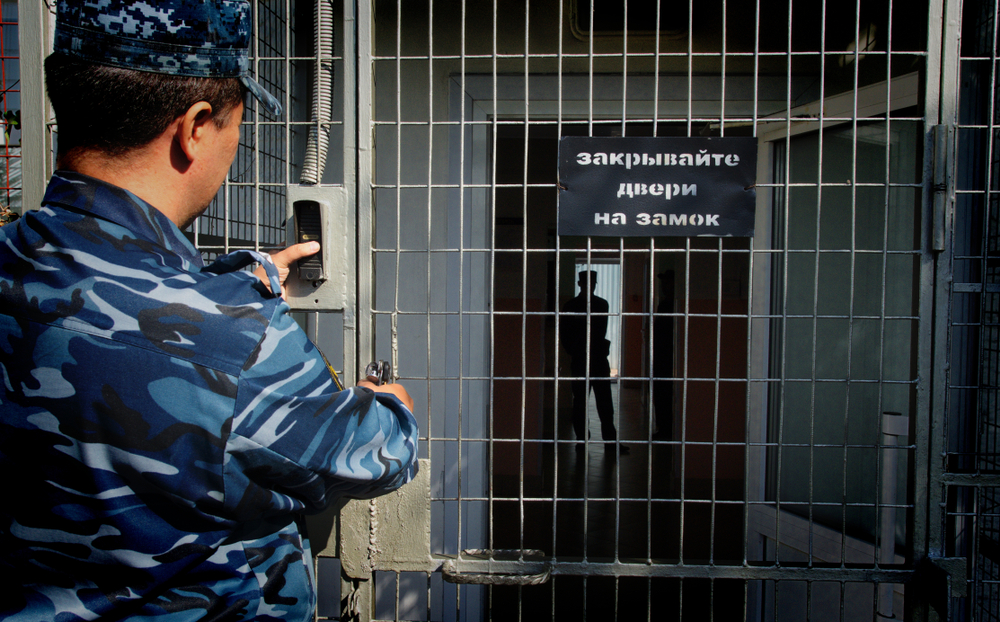Fogel was arrested in August 2021 at a Moscow airport after authorities found marijuana in his possession.
Others are reading now
Russia’s prison system has long been a subject of international scrutiny.
Known for its harsh conditions and strict legal system, it has become a focal point in geopolitical disputes, particularly when foreign nationals are involved.
Critics argue that Russian authorities often use detentions as a tool of political leverage, adding tension to already complex international relationships, according to Kyiv Independent.
Also read
Wrongfully Detained
Marc Fogel, an American teacher from Pennsylvania, has become the latest figure in this ongoing narrative.
On Dec. 27, the U.S. State Department officially classified Fogel as wrongfully detained in Russia, a move aimed at ramping up diplomatic efforts to secure his release.
Fogel was arrested in August 2021 at a Moscow airport after authorities found marijuana in his possession. His family claims the substance was medically prescribed for chronic pain.
Despite this explanation, Russian courts sentenced him to 14 years in prison, a punishment widely regarded as severe and disproportionate.
His case gained attention earlier this year when Fogel was excluded from a high-profile prisoner exchange between the U.S. and Russia.
That deal secured the release of Wall Street Journal reporter Evan Gershkovich and corporate security executive Paul Whelan. Fogel’s omission led his family and advocates to press the Biden administration for stronger action.
The State Department’s designation signals that Fogel’s detention is politically motivated, potentially intended to influence U.S. policy or gain concessions.
The decision moves his case under the jurisdiction of the Office of the Special Presidential Envoy for Hostage Affairs, which focuses on negotiating the release of Americans unjustly detained abroad.
In a statement, Fogel’s wife, Jane, and his sons, Ethan and Sam, expressed relief and gratitude for the designation.
“The State Department has finally acknowledged what we have known all along — that Marc Fogel has been wrongfully detained,” they said.


